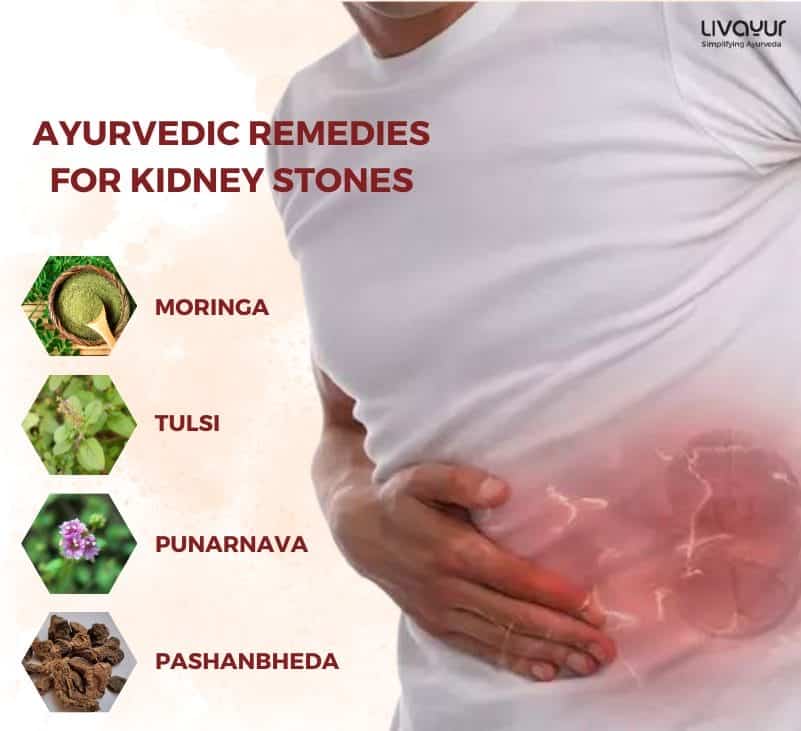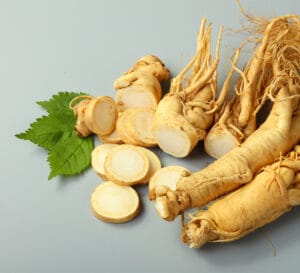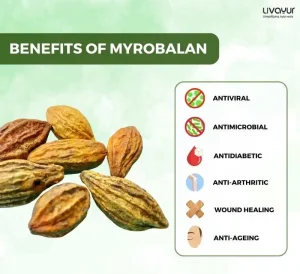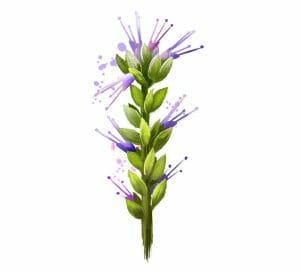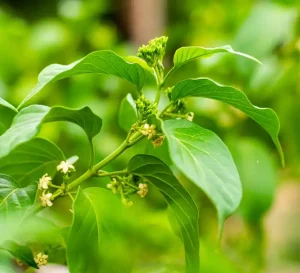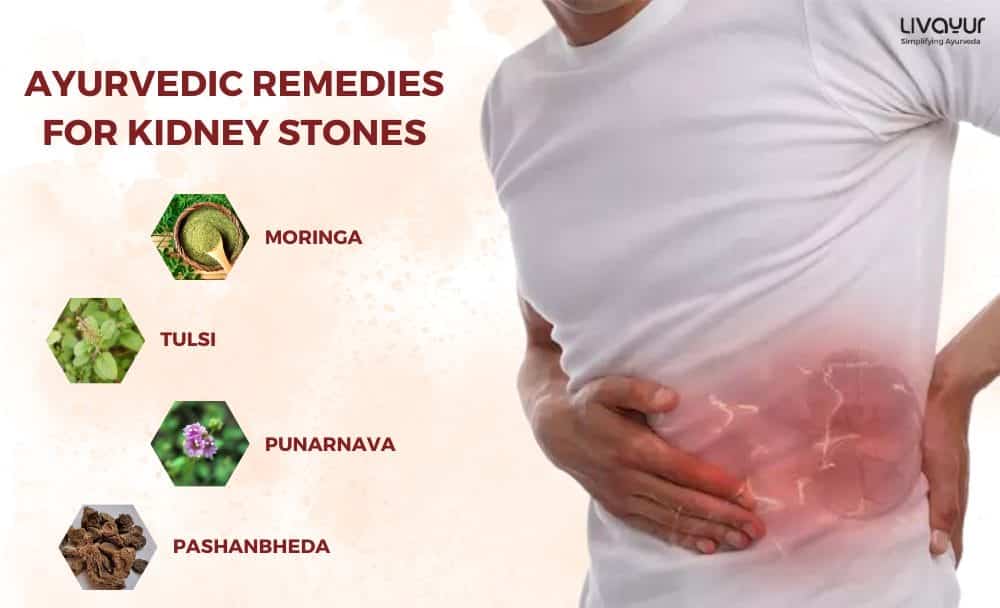
Kidney stones are not new in today’s world. Due to unhealthy dietary and lifestyle habits, almost everyone suffers from renal or kidney stones.
Are you also suffering from it? If yes, then you have come to the right place.
What Are Kidney Stones?
Renal stones are a cluster of crystals that form together to create a hard lump in one or both kidneys. Generally, most of these stones pass out of the body in the form of urine. However, some remain and need medical intervention for their removal (1). In Ayurveda, this condition is called Ashmari (2).
Ayurveda provides many remedies and preventive measures to deal with kidney stones and boost your renal health.
Let’s have a look at these Ayurvedic remedies here.
Causes of Kidney Stones (2)
Some of the leading causes of kidney stones include:
- Dehydration
- Obesity
- Eating a diet rich in oxalate, phosphate and proteins
- Medical conditions like hyperparathyroidism
- Repeated urinary tract infections
Symptoms of Kidney Stones (2)
The following symptoms can indicate the presence of kidney stones:
- Painful urination
- Severe abdominal pain
- Extreme back pain
- Finding blood in the urine
- Vomiting
- Nausea
- Fever and chills
Ayurvedic Remedies To Remove Kidney Stones
- Moringa (2)
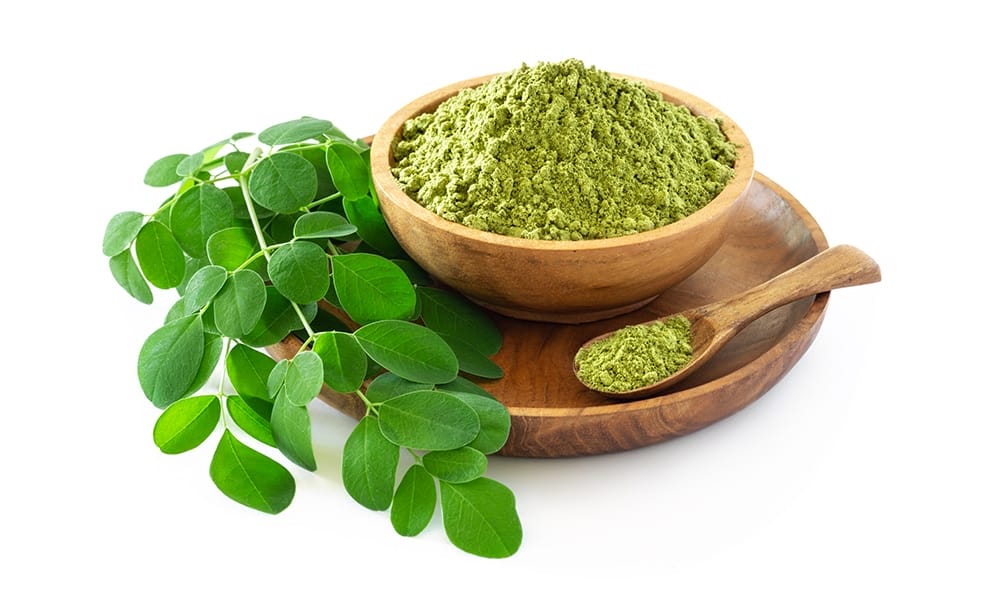
The root extract of Moringa oleifera, commonly known as drumsticks, is highly effective in dissolving kidney stones and preventing the formation of new stones. It is a rich source of vitamin A, vitamin B and vitamin C and exhibits potent antioxidant and antiurolithiatic properties, which act against urolithiasis and improve the functioning of the gallbladder.
How To Use Moringa?
Moringa root powder is easily available in the market. It can be taken as per the directions of the doctor. It can also be mixed with asafoetida to enhance taste and digestion.
- Pashanabheda (2)
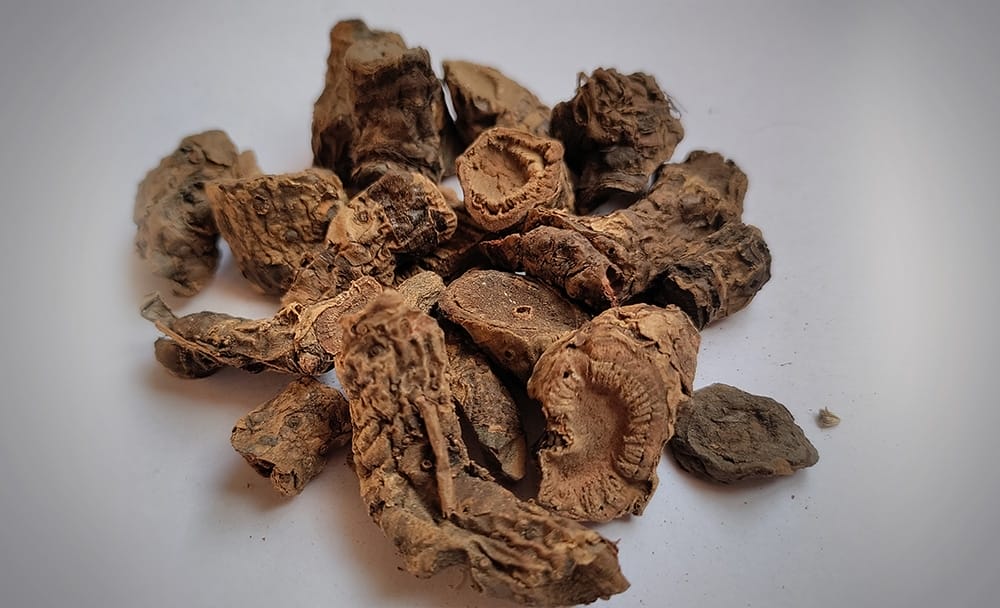
Popularly known as a stone breaker, Pashanbheda is an Indian herb obtained from the plant Bergenia ligulata. It is known to break kidney stones into small pieces and remove them effectively.
How To Use Pashanbheda?
You can create a decoction of Pashanbheda from its root powder, which is easily available in the market. However, you must consult an Ayurvedic doctor before using it.
- Punarnava (2)
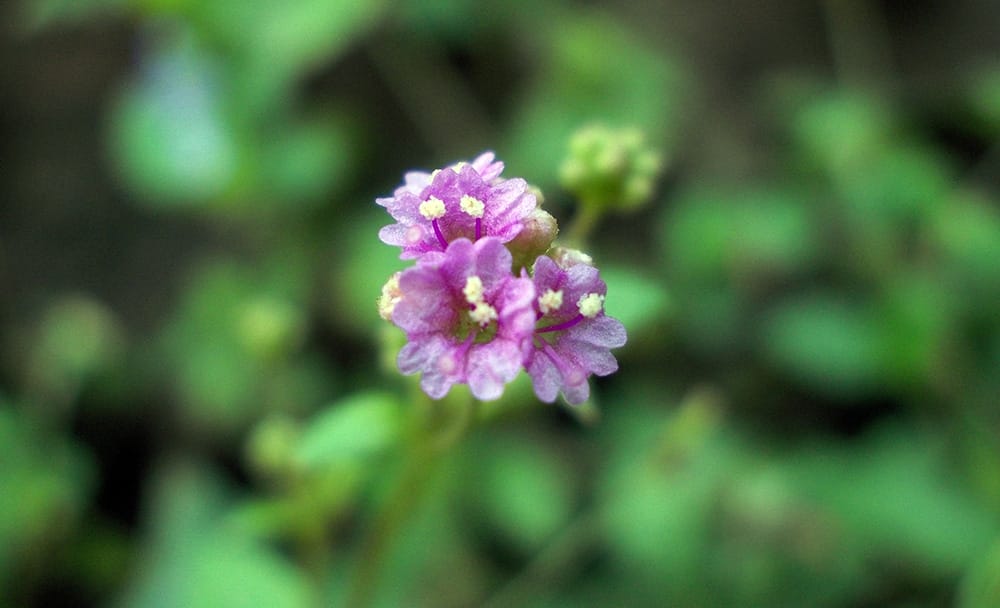
Scientifically termed Boerhaavia diffusa, Punarnava extracts help dissolve calculi and remove them from the body. It is also well known to promote renal health by increasing the rate of elimination of waste products.
How To Use Punarnava?
It is best consumed after consulting an Ayurvedic doctor. However, the ideal consumption of Punarnava is approximately 30 grams after eating meals. Remember, Punarnava is not supposed to be consumed along with milk.
- Banana Stem Juice
Diuretic in nature, banana stem juice helps remove toxins from the kidneys. It also helps dissolve kidney stones and facilitate their removal.
How To Use Banana Stem Juice?
You can have a cup of banana stem juice three times a week. If you wish, you can also add a few drops of lemon juice to it.
- Tulsi (2)
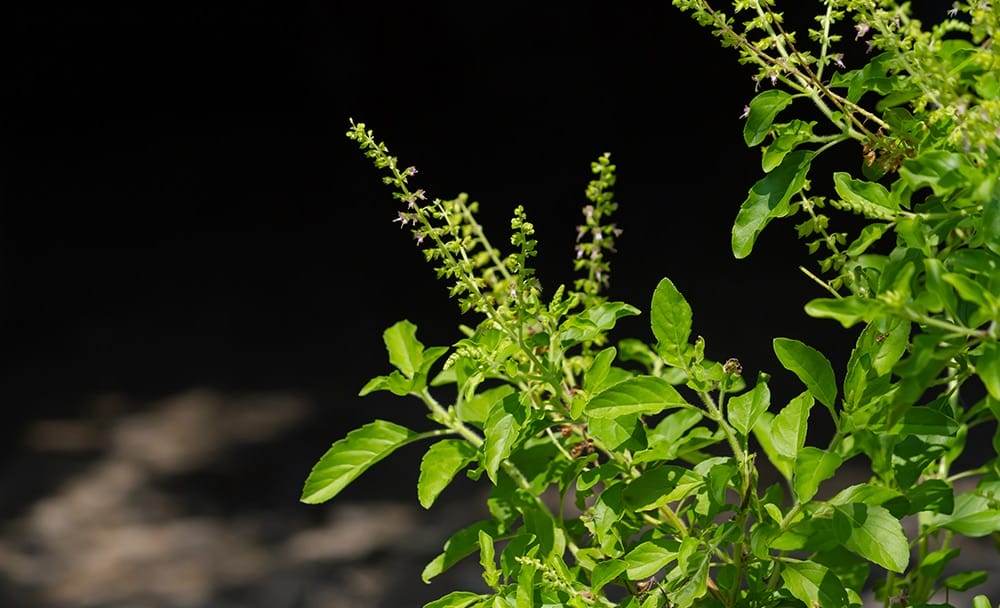
Tulsi, or holy basil, is imbued with diuretic properties and acetic acid that help promote the breakdown of kidney stones and detoxify the kidneys. Furthermore, Tulsi also contains a mineral fluid that helps maintain the balance in the kidneys.
How To Use Tulsi?
The best way is to swallow a few Tulsi leaves on an empty stomach in the morning. Alternatively, you can also consume Tulsi juice mixed with honey on an empty stomach. Tulsi tea can also be made to avail of its benefits.
- Lemon Juice (2)
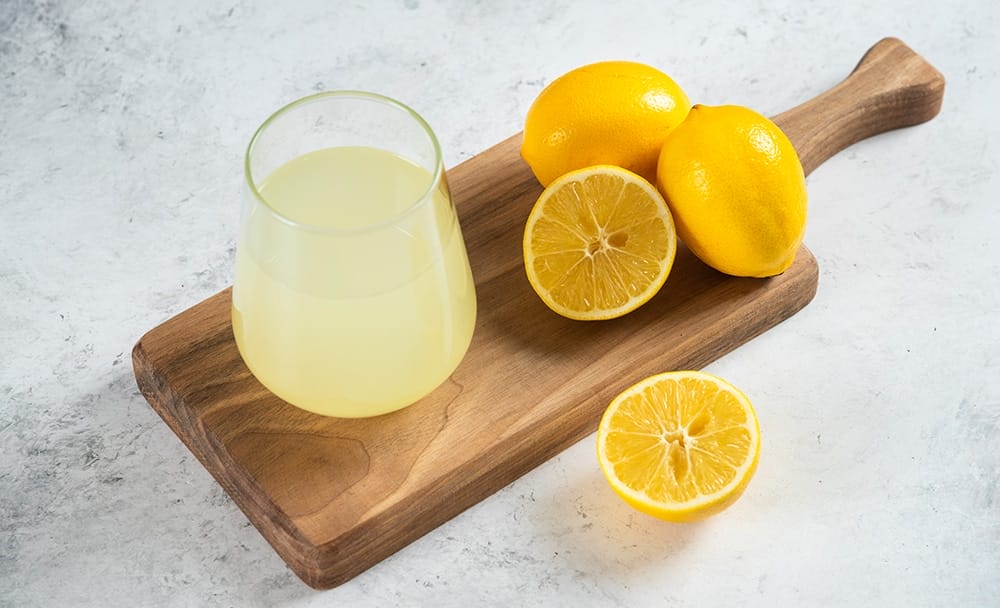
Lemon juice contains natural forms of citrate, the salt that binds to the calcium of the stones and prevents their further formation. It is, therefore, highly beneficial for people suffering from kidney stones.
How To Use Lemon Juice?
Take half a cup of concentrated lemon juice in water every day.
How To Prevent Kidney Stones?
- Reduce the intake of salt and sugar in your diet.
- Drink plenty of water.
- Avoid processed and junk foods.
- Limit the consumption of acidic and sugary foods.
- Regulate your body weight.
- Eat foods rich in magnesium.
On a Final Note
Kidney stones, however common they may be, can be treated effectively using Ayurvedic remedies.
All the Ayurvedic herbs mentioned above for the treatment of kidney stones are easily available and are usually safe for consumption. However, you must consult an Ayurvedic doctor before using any herb as everyone has a different body constitution.
References
- https://www.researchgate.net/publication/335962070_A_comprehensive_review_on_kidney_stones_its_diagnosis_and_treatment_with_allopathic_and_ayurvedic_medicines
- https://ijprajournal.com/issue_dcp/Ayurvedic%20Remedies%20For%20Kidney%20Stones.pdf




